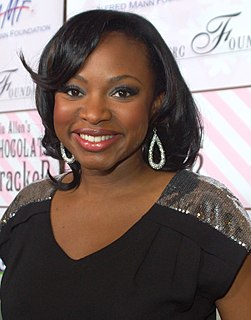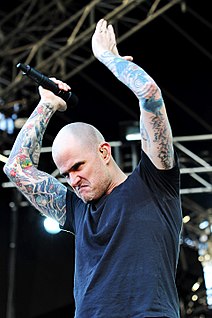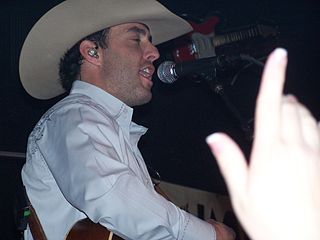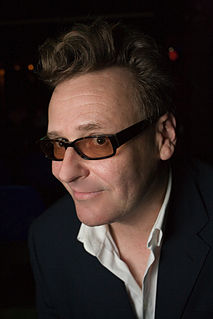A Quote by Louise Nurding
When I'm up on stage, I don't think about anything except the song I'm singing. Anyway, the majority of my audience is female, and I can't think that many of them want to see me a French maid outfit somehow!
Related Quotes
When I create a song, I immediately think about what I'm going to wear when I perform that song. I think about the music video treatment and about how I'm going to look on stage when I perform the record. The connection is so obvious that it's a single package. An outfit, to me, is almost a tool to express the music.
I think as a performer, it can be really great to stand on stage, especially when you have more time, but I do think about the specific people in the audience, how it's hard for them to get up and go to the bathroom, how they chose not to do other things that night and have turned off their phones and everything. So for that reason, I think it's necessary to mix it up and talk to the audience.
I wouldn't want someone assuming that some negative song has some truth between me and my wife. There was a song that one of my buddies sent me, and it was an awesome song. It was about this woman who had fallen in love with a man that wasn't her husband, and I love everything about the song except for the fact that I personally cannot sing it. It would kill me if someone thought I was singing it about my wife.
An audience will let you know if a song communicates. If you see them kind of falling asleep during the song, or if they clap at the end of a song, then they're telling you something about the song. But you can have a good song that doesn't communicate. Perhaps that isn't a song that you can sing to people; perhaps that's a song that you sing to yourself. And some songs are maybe for a small audience, and some songs are for a wide audience. But the audience will let you know pretty quickly.
I don't think about the audience, I don't think about what makes them happy, because there's no way for me to know. To try to think of what makes for entertainment is a very Japanese thing. The people who think like this are old-fashioned. They think of the audience as a mass, but in fact every person in the audience is different. So entertainment for everyone doesn't exist
I don't come on to seduce the audience. I don't care if everyone laughs. I can't think about that anymore. If there's anything that a lot of experience on stage and a lot of stage time gives you is the confidence to know that it's ok if they're not laughing every second you're up there. Although that's what drives me and I still go too fast a lot of the time.
I think every time I play, every show is different, and I think that at a certain point a song isn't about you anymore. It's about the audience, it's about how the song has worked its way into other people's lives and that kind of keeps the meaning of the song new, because you see it reflected in other people every night.




































